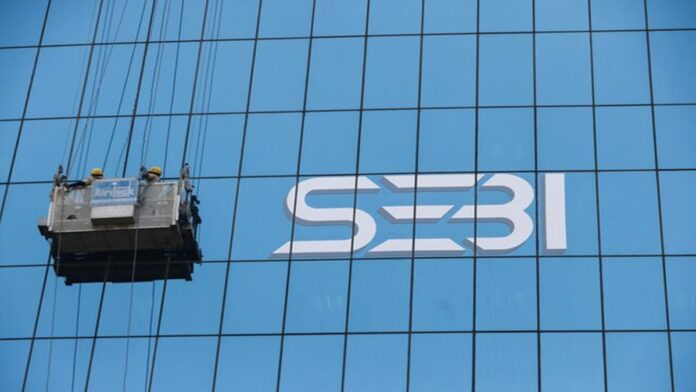The board of Securities and Exchange Board of India (SEBI) took as many as 19 decisions on Wednesday, including tighter listing regulations for small and medium enterprises (SMEs), easier norms for REITs and InvITs, and a wider definition of unpublished price-sensitive information (UPSI).
In a bid to curb the manipulation by some SMEs to paint a pretty picture for investors, it has approved mandating an operating profit of Rs 1 crore in two out of three years, and a phased release of promoter lock-in over 1-2 years. The offer for sale (OFS) should not exceed 20% of the total issue size, and amount of general corporate purpose to be capped at 15%.
Also ReadVentive Hospitality IPO price band set at Rs 610-643
“Lock-in on promoters’ holding held in excess of minimum promoter contribution (MPC) to be released in phased manner, that is, lock-in for 50% promoters’ holding in excess of MPC shall be released after 1 year and lock-in for remaining 50% promoters’ holding in excess of MPC shall be released after 2 years,” according to the press release.
SEBI has also approved setting up a performance validation agency called Past Risk and Return Verification Agency (PaRRVA).
The markets regulator also cleared the review of merchant bankers, custodians, and provisions for high-value debt-listed entities (HVDLEs) by increasing the threshold for identification of HVDLE from Rs 500 crore to Rs 1,000 crore, aligning it with that of large corporates, and introduced a sunset clause governing corporate governance of debt-listed securities.
Ease of doing business norms for asset management companies (AMCs), SM REITs, and use of AI by market infrastructure institutions (MIIs) have also been ratified.
Interestingly, SEBI did not hike the application size from the current Rs 1 lakh or increase the number of minimum investors, as proposed in the consultation paper.
The board has also approved expanding the ambit of UPSI to include 17 out of the 27 items not already covered from events considered as material events. Some of these from the draft paper include restructuring plans, proposed fundraising activities, agreements impacting management control, evidence of company fraud, one-time bank settlements, and changes in key managerial personnel (KMP).
Merchant bankers can only carry out activities permitted under the purview of the regulator, wherein the other activities will have to be hived off to a separate legal entity with a separate brand name.
» Read More


